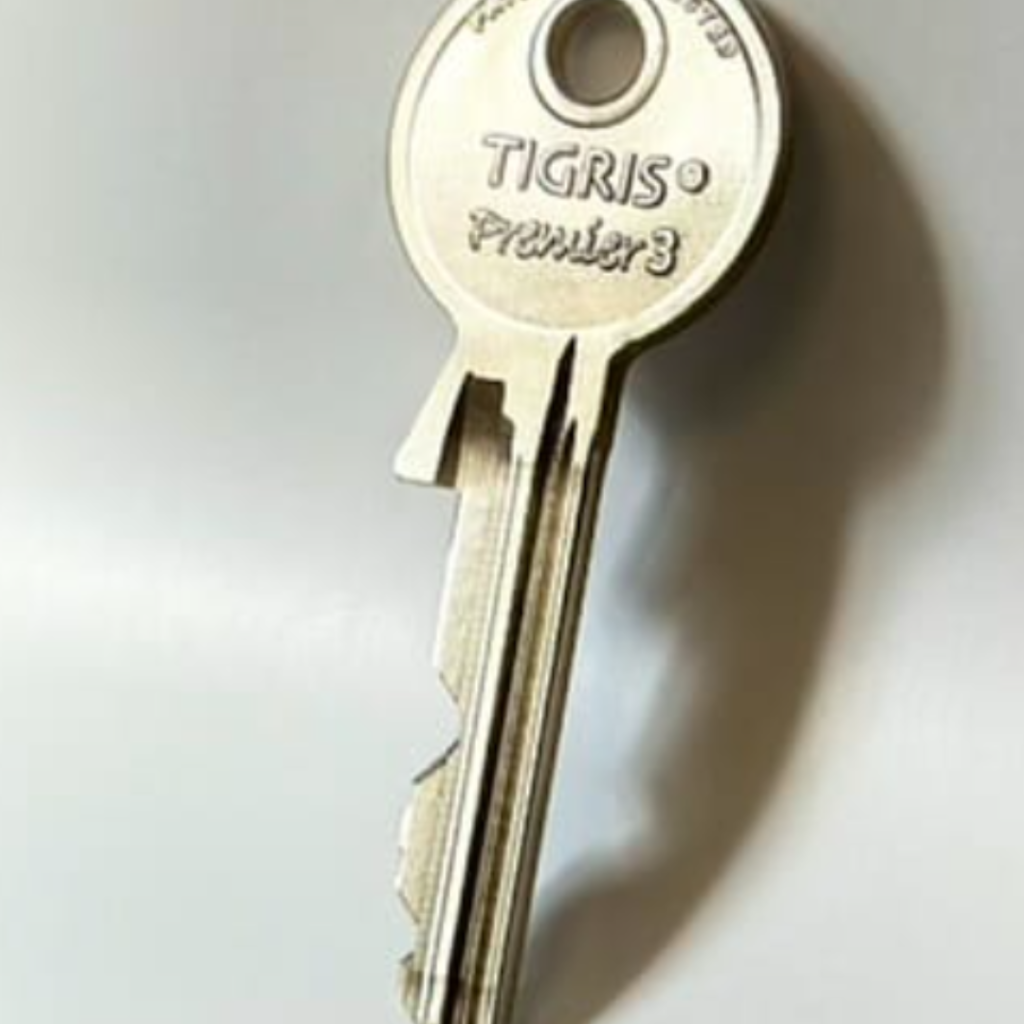At our stores, we often have customers who come in hoping to copy a key, only to find out that it has patented protection and cannot be duplicated under normal circumstances. This can be disappointing, leading to the common question: How can you identify patented keys? Today’s blog post will explain what patented keys are, how to recognize them, and why they are protected.
What Are Patented Protection Keys?
Patented keys are specially designed keys that come with legal protections, meaning they can only be duplicated by authorized dealers under specific conditions. These keys are typically used for higher security purposes and are protected by patents to prevent unauthorized copying. Some well-known patented key brands include CX5, Medeco, and Yale.
How to Identify Patented Keys
If you’re unsure whether your key is patented, here are a few key characteristics to look for:
- Brand Markings: Many patented keys will have a brand name (e.g., Medeco, CX5, or Yale) stamped on the key itself. Some will also include the word “Patented” or a patent number.
- Keyway Design: Patented keys often have unique keyways that are designed to work exclusively with corresponding high-security locks. These keyways are more complex than standard keys, making them difficult to replicate.
- Thicker and More Complex Cuts: Compared to standard keys, patented keys tend to be thicker and have more intricate cuts, grooves, or dimples.
- Restricted Duplication Policies: If you try to copy a patented key at a key-cutting service, you’ll likely be informed that duplication requires authorization from the key manufacturer or locksmith.
- Security Cards or Authorization: Some patented keys come with a security card that must be presented before a duplicate can be made. This ensures that only authorized individuals can request copies.
Why Are Patented Keys Protected?
Patented keys are designed for security. Their restricted duplication process helps prevent unauthorized access, making them popular in apartment buildings, office spaces, and other areas where security is a priority.
What to Do If You Need a Copy
If you have a patented key and need a copy, check with the key manufacturer or the locksmith who originally provided the key. Some brands allow authorized dealers to make copies with proper identification and proof of ownership.
Conclusion
Understanding how to identify patented protected keys can save you time and frustration when trying to get a duplicate. Look for brand markings, unique keyways, and security features that indicate patent protection. If you need further assistance, reach out to the original provider of the key. Knowing these details can help you plan ahead and ensure you have the right access to your property when needed.



Recent Comments